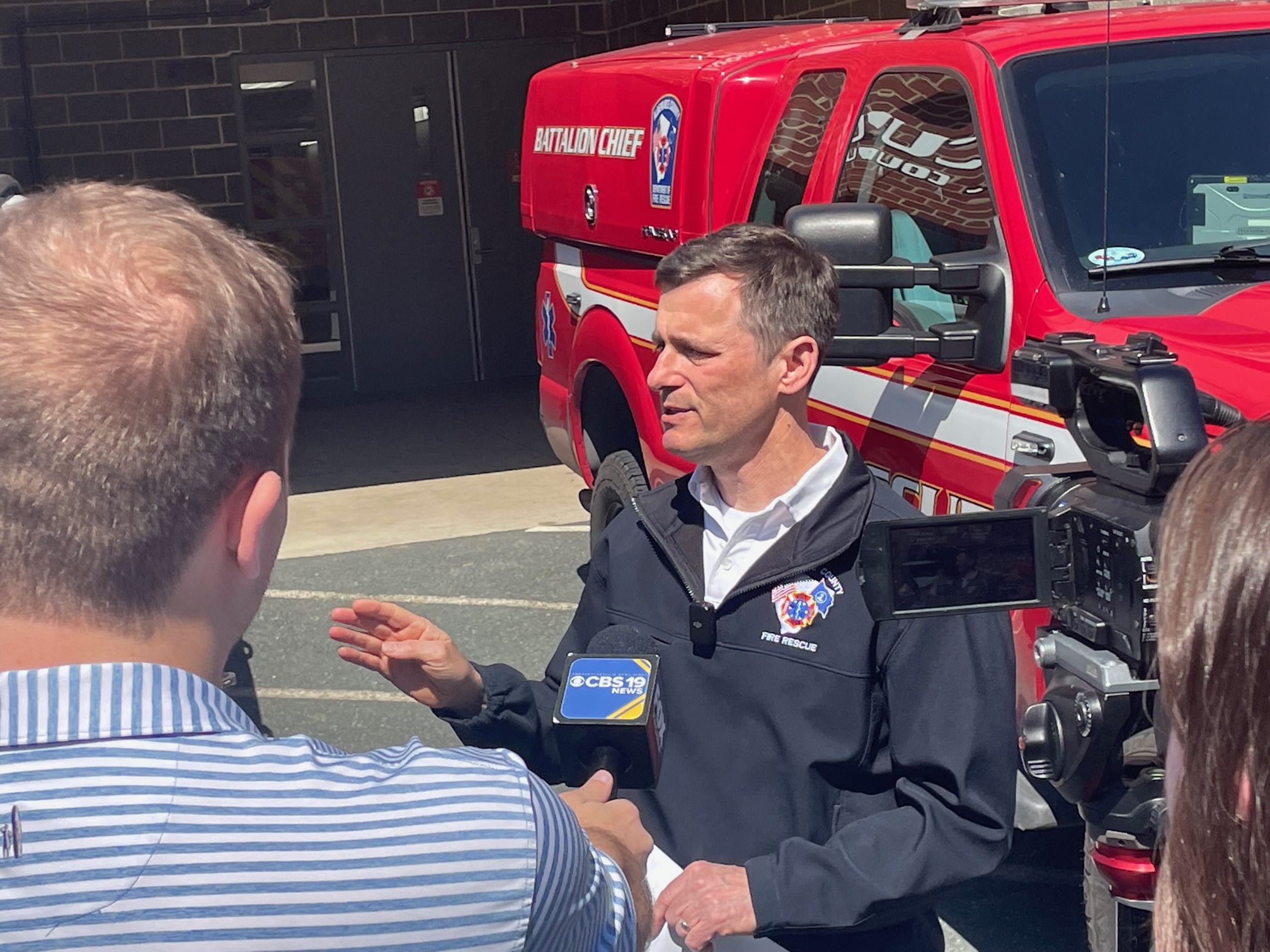Tensions are running high across the country as Election Day approaches and many members of one of the two American political parties continue to insist that the 2020 Presidential election was stolen.
The University of Virginia’s Center for Politics held a forum last week to discuss the upcoming elections moderated by Christopher Krebs, who served as the United States Director of the Cybersecurity and Infrastructure Security Agency. He said much of the threat dates back to Russian efforts to hack the 2016 elections. (wikipedia article)
“It had three different components,” Krebs said. “The first was attempts to get into voter registration databases and other systems administering elections. The second was targeting and hacking into political campaigns, the [Democratic National Committee], the Hilary Clinton and the third is this more pernicious, drawn out disinformation campaign that’s really rooted in the entirety of Russian information doctrine going back really a century or more.”
Krebs said the Russian campaign was intended to destabilize democracy, and not much was done to shore up security systems.
“And there were domestic actors that saw the playbook run in 2016 and adapted it to their own measures,” Krebs said.
Krebs said he is concerned about continued efforts to falsely claim that President Joe Biden was not elected, as well as continued attacks on election workers. He said death threats are common.
“It’s part of unfortunately doing business as election workers right now and that is leading to a retreat and exodus from the work force which in turn kind of turns out to be a former of almost voter suppression,” Krebs said.
That’s because fewer election workers means fewer precincts and longer lines. Krebs said there’s also a strategy to radicalize election workers.
Barbara Comstock served two terms in the U.S. House of Representatives in Virginia’s former 10th District. The Republican politician is now involved in Issue One and the National Council for Elections Security.
“I am for the first time in my life a single issue voter,” Comstock said. “I’ve never been a single issue voter. I was a conservative Republican but now my issue is democracy before any other issue. And if you aren’t going to respect elections and who wins and who loses, you can’t have any other issues before that.”
Comstock said she is concerned about candidates who have already declared they will not accept the elections results unless they win.
“Those kind of situations are going to repeat themselves around the country,” Comstock said. “We’re a 50/50 country. I won my first election by 422 votes.”
Comstock said on that night, she knew where the votes were coming in because she was familiar with the polls. She said many with conspiracy theories have never worked an election before.
“And these are people who just didn’t understand anything about retail politics,” Comstock said. “They were just people who were preaching to the choir, hung out with everyone who thought the way they did, and had never knocked on a door.”
Renée DiResta, research manager at the Stanford Internet Observatory, has been studying rumors that circulate online about perceived election fraud.
“When somebody believes that their ballot has been invalidated because they were given a sharpie marker at the polls and they remember being a kid in school and being told you can’t use a sharpie marker on a scantron and they believe that there’s a false plot to steal the election from them because that’s kind of where the political climate of the country is at this point,” DiResta said. “Those claims tend to go viral and one of the things we look at at Stanford is how those claims go viral and where and in what communities on the internet.”
DiResta said the sharpie argument has come back again in Arizona during the 2022 race. She said she’s part of something called the Election Integrity Partnership which is a non-partisan coalition to help groups that want to fight disinformation by crowd-sourcing responses by helping to find the right messenger to convey correct information.
“That person who is a trusted counter messenger counter speaks to the people in their communities,” DiResta said. “They don’t want to hear Stanford Internet Observatory thinks that your sharpie markers is wrong because who the hell are we? We’re ivory tower academics. We have no trust and we have no resonance in that community but the local elections theoretically do because they are members of the community.”
Siva Vaidhyanathan, the Robertson Professor of Media Studies and director of the Center for Media and Citizenship at the University of Virginia, said democracies have been under attack from across the world in the past decade. He said a lot of this builds off the stoking of fears of other Americans.
“We’re now in a situation in this country of all countries where we don’t have a romance of democracy,” Vaidhyanathan said. “We don’t have something that moves us to believe deeply in the power of each other, in the shared future that we all have whether we admit or not.”
Election Day is now 15 days away. This Wednesday, the two candidates in the Fifth District will meet at Hampden-Sydney College for the first and only campaign forum of the race. Some information here, and more in the next newsletter.
You can watch the whole Center for Politics event on YouTube.










